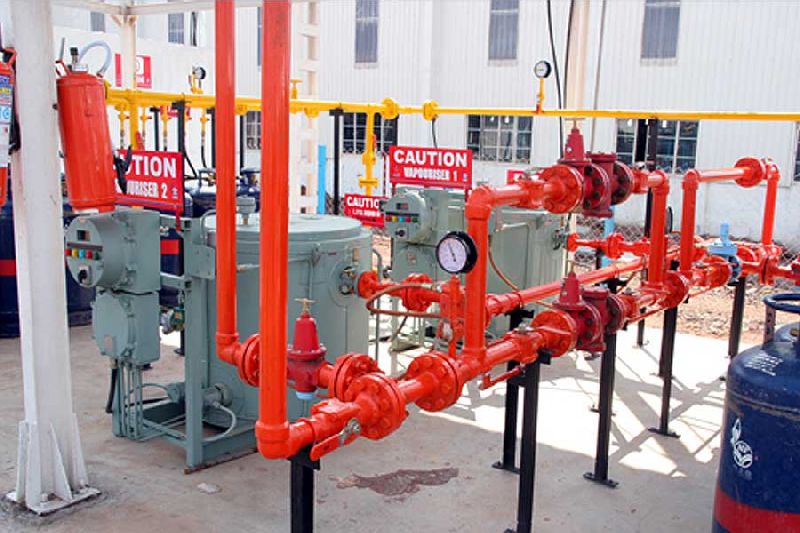Natural gas is very useful in both residential and commercial set ups. It is used in heating and cooling appliances. It is used for cooking purpose. Natural gas is safe to use, however, the gas pipe system should be installed properly. If not installed or maintained properly, it could lead to gas leakage. These gas leaks can cause health problems and, in some situations, they can cause carbon monoxide poisoning in humans and animals.
A gas pipe is a piping system in your house that carries natural gas straight from the supplier to your heating system. The system is comprised of branch lines that link to various appliances located around your home. Though it makes a lot of things convenient for us, it has some cons too.
The primary means of natural gas transportation is a pipeline. Explosions and fires caused by natural gas line leaks can result in deaths, environmental damage, and material loss. Effective risk analysis is important for avoiding and reducing such possible incidents. Natural gas is a volatile substance. A natural gas leak in a home can result in a fire, and breathing the gas can result in natural gas poisoning. Natural gas exposure, like electricity, gasoline, and other potentially hazardous energy sources, must be handled with caution.
How to Detect If There’s a Gas Line Leak in Your Home:
Gas line leaks are dangerous and sometimes fatal, so knowing how to detect them in your house is important. Here are some techniques you can do to determine if your home has a gas line leak:
- Natural gas has a unique odour that smells like rotting eggs. If you notice this smell in your house, it could indicate a gas leak. If you're not sure, ask others in your home if they smell it as well.
- Examine your gas appliances for physical signs of damage or wear and tear, such as cracks or dents inside the gas line or gas appliances. You might also hear a hissing or whistling sound.
- If you suspect a gas leak, check your gas metre to see if there is a sudden increase in usage or if the metre is moving even if no gas appliances are in use.
- Use a gas detector: A gas detector that detects the presence of natural gas in the air can be purchased. Put the detector in areas with gas appliances or rooms with a gas line.
Keep in mind that natural gas leaks might be hazardous.
How to Prevent Gas Line Leaks in Your Home?
Avoiding gas line leaks is important for your family's safety. Here are some precautionary measures you may take in your home to avoid gas line leaks:
- Hire a licenced professional: When installing or repairing gas lines or appliances, choose a qualified expert with natural gas experience.
- Maintaining your gas appliances and pipes on a regular basis is essential. Cleaning and inspecting appliances, as well as evaluating gas lines for signs of corrosion or wear and tear, can all be included.
- Adequate ventilation: Be sure that all gas appliances have adequate ventilation to avoid gas accumulation in enclosed locations. Check that the ventilation systems are clean and in good operating order.
- While using gas appliances, always follow the manufacturer's instructions. Never use gas appliances for anything other than what they were designed for.
- Install gas detectors: To detect the presence of gas in the air, consider putting gas detectors in your home. These detectors can identify gas leaks before they become dangerous.
- Check gas lines and appliances for signs of damage such as cracks, dents, or rust on a regular basis. If you observe any damage, switch off the gas supply immediately and contact a skilled professional for repairs.
- Turn off the gas: If you suspect a gas leak, turn off the main valve and exit the area immediately. Inspect your gas lines and appliances by contacting your gas provider or a competent technician.
- Teach home members about gas safety: Teach household members about gas safety and what to do if a gas leak occurs. This can involve smelling natural gas and understanding how to turn off the gas supply.
By taking these precautions, you may help avoid gas line leaks in your home and keep your family safe.
Conclusion:
Take gas pipe leaks seriously and take all required actions to keep yourself and your family safe. You may help lessen the chance of gas pipe leaks in your home by taking the proper precautions and preventative measures.


No comments yet